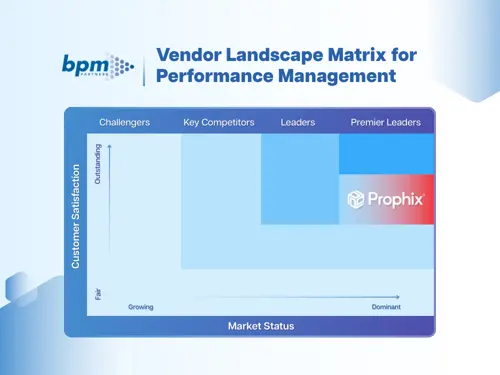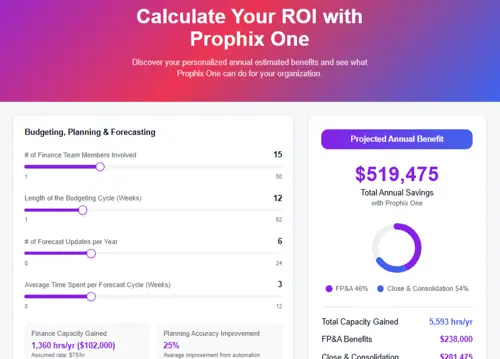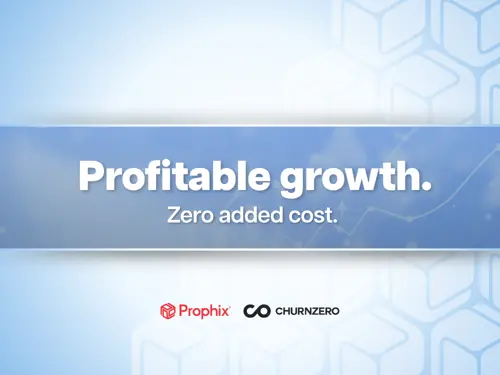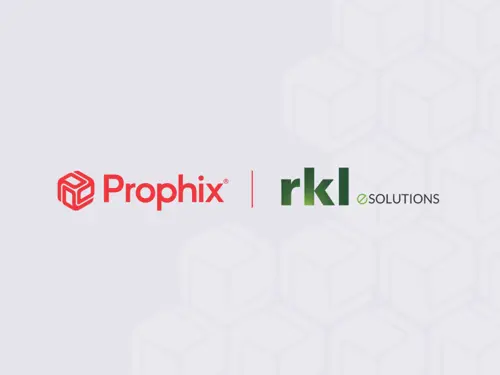Download Analyst Report
What to expect from the Omnibus package: Positions, changes, and implications
Learn about the upcoming Omnibus package changes and how you can prepare.
February 24, 2025The European Commission unveiled the Omnibus package on February 26, 2025, introducing reforms to the Corporate Sustainability Reporting Directive (CSRD), Corporate Sustainability Due Diligence Directive (CSDDD), and Taxonomy regulations. The intention of this change is to simplify sustainability-related reporting obligations, but uncertainty remains.
The EU Omnibus Package proposes significant simplifications to sustainability reporting and due diligence requirements, benefiting businesses of all sizes. If fully implemented, the proposals are expected to reduce annual administrative costs by approximately €6.3 billion and unlock €50 billion in public and private investments. A major focus is protecting SMEs from excessive sustainability data requests, and reducing the overall reporting burden on companies by significantly limiting the data points covered in the EU Taxonomy.
Countries that have transposed the CSRD into national law
Currently, only 15 of the 27 EU member states have fully transposed the CSRD into national law. Germany, France, and the Netherlands have adopted legislation, while Sweden and Italy are nearing completion. However, countries like Spain, Poland, and Greece are still in consultation stages, risking inconsistent reporting deadlines and regulatory fragmentation.
Consequences of missing transposition deadlines
If countries fail to transpose the CSRD on time, they will face consequences like:
- Infringement proceedings: The European Commission may initiate legal actions against non-compliant states, potentially leading to fines.
- Legal uncertainty: Businesses operating in delayed jurisdictions may face confusion about their obligations and deadlines.
- Competitive disadvantages: Companies in compliant countries could gain a market edge with established ESG frameworks.
- Pressure on multinational supply chains: Non-European companies may encounter inconsistent reporting demands from EU clients.
Positions from key countries: Germany, France, and Sweden
Let’s take a look at what key countries like Germany, France, and Sweden are hoping for with these impending changes.
Germany: Push for broad scope reductions
- Higher CSRD thresholds: Proposes excluding most mid-cap companies (250-1,500 employees, turnover < €1.5 billion) and limiting reporting to large enterprises (1,000+ employees, turnover < €450 million), potentially exempting 40,000 companies.
- Implementation delay: Advocates for a 2-year postponement for mid-caps and SMEs.
- Value chain cap: Supports limiting subcontractor reporting requirements to protect SMEs.
France: A balanced approach
- Mid-cap category: Recommends a dedicated mid-cap standard (LSME) with simplified ESG disclosures.
- Opposes scope reductions: Argues that excluding mid-caps could increase fragmented ESG data requests from clients.
- Sectoral standards: Promotes voluntary sector-specific standards for 1-2 years before mandatory implementation.
Sweden: Focus on business competitiveness
- Opposition to delays: Sweden opposes Germany's 2-year delay, emphasizing regulatory stability for businesses that have already invested in compliance.
- Pro-standardization: Supports streamlined ESG reporting standards to reduce reporting costs and complexity.
- Sectoral guidance: Agrees with France on sectoral standards but advocates for clearer guidance for SMEs.
Key changes in the Omnibus package
Here’s a look at the changes that the Omnibus package proposed:
- A proposal for a directive amending the Corporate Sustainability Reporting Directive (CSRD) and the Corporate Sustainability Due Diligence Directive (CSDDD)
- A draft delegated act amending the Taxonomy Disclosures and the Taxonomy Climate and Environmental Delegated Acts, subject to public consultation.
- A proposal for a regulation amending the Carbon Border Adjustment Mechanism Regulation
- A proposal for a regulation amending the InvestEu Regulation
EU Omnibus package: Before and after
Corporate Sustainability Reporting Directive (CSRD)
Before
After
Scope of reporting
Companies with 250+ employees, €50M turnover, or €25M balance sheet total
Companies with 1,000+ employees and either €50M turnover or €25M balance sheet
Sector-specific standards
Required sector-specific standards
Eliminated sector-specific standards
Reporting timeline
2026-2027
Postponed to 2028
SMEs in value chains
Could face indirect reporting burdens
Shielded by a ‘Value Chain Cap’
Assurance standard
Potential shift from limited to reasonable assurance
No longer moving to reasonable assurance
Corporate Sustainability Due Diligence Directive (CSDDD)
Before
After
Implementation deadline
Initial transposition deadline: July 2027
Postponed to July 2028
Due diligence scope
Comprehensive assessments of entire value chains
Only full due diligence beyond direct business partners if plausible risks are identified
Monitoring frequency
Annual updates on due diligence effectiveness
Assessment required only every 5 years
Liability rules
Harmonized EU civil liability rules
Defer to national civil liability rules
Stakeholder engagement
Comprehensive stakeholder engagement requirements
Streamlined engagement process
EU Taxonomy Disclosures
Before
After
Mandatory reporting
All large companies under CSRD must report Taxonomy alignment
Voluntary for companies with €50M+ turnover & <1,000 employees
Reporting complexity
Extensive reporting requirements
Reduced data points by 70%
Materiality threshold
All eligible activities must be assessed
Only activities covering 10%+ of turnover/assets require reporting
Green Asset Ratio (GAR)
All corporate exposures included in GAR
Banks can exclude exposures to non-CSRD companies
Partial taxonomy alignment
Not recognized
Companies can report partial progress towards alignment
Carbon Border Adjustment Mechanism (CBAM)
Before
After
Importer scope
Applies to all importers of CBAM goods
90% of small importers (182,000) exempted
Emissions coverage
100% of emissions tracked
Still covers 99% of emissions
Reporting complexity
Extensive emissions calculations & compliance steps
Simplified reporting, emissions calculation, and financial liability
Small importers
All importers subject to obligations
Exempt importers below 50 tonnes per year threshold
Anti-circumvention
Basic tracking in place
Strengthened anti-abuse mechanisms
InvestEU Regulation
Before
After
EU guarantee size
Fixed size
Increased by €2.5B to unlock more funding
Reporting requirements
Frequent, detailed reporting for all recipients
Reduced reporting frequency and exempting SMEs from some reports
Access to funds
Strict eligibility criteria
More flexible financing, unlocking €50B in investments
SME definition for financial products
Strict application of EU SME definition
Adjusted for more accessibility
Legacy program integration
Separate funding sources
Merges EFSI, InnovFin, and CEF into InvestEU for greater capital efficiency
How to prepare for global implications
The Omnibus package marks a pivotal shift in EU sustainability reporting, driving transparency and standardization across industries. Its reach will extend beyond the EU, shaping global ESG expectations and Prophix can help businesses navigate these global implications with ease. By centralizing ESG data from multiple systems and automating consolidation processes, Prophix ensures compliance with evolving EU standards while reducing administrative burdens. Its advanced analytics and interactive dashboards provide actionable insights, enabling organizations to align with global ESG expectations and maintain a competitive edge in an increasingly sustainability-focused market.
Discover the possibilities of ESG reporting with Prophix.
This post has been updated following the Omnibus announcement of the EU Commission on February 26, 2025.





